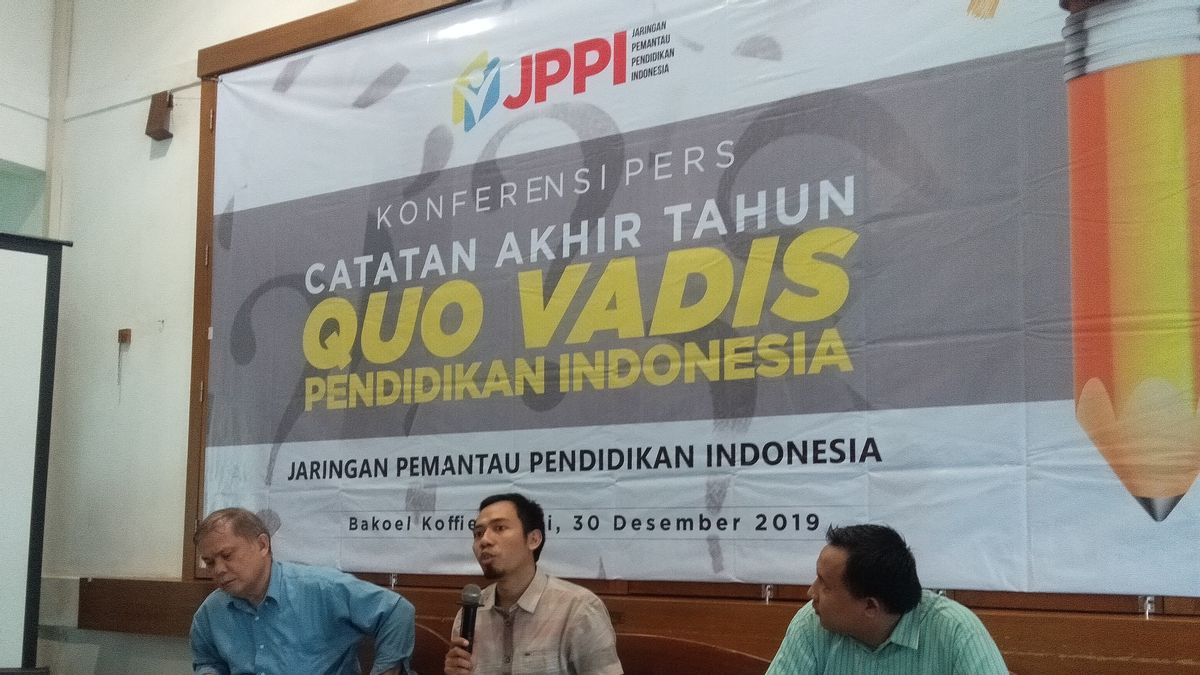JAKARTA - Indonesian Presidential Regulation Number 82 of 2019, signed by President Joko Widodo on December 16, has raised protests. One of them is the elimination of the Directorate General of Early Childhood Education and Community Education (Dirjen PAUD and Dikmas).
The Director General in charge of PAUD merges with the Directorate General of Early Childhood Education, Basic Education and Secondary Education (Dirjen PAUD & Dikdasmen). Meanwhile, there is no special director general for the field of community service in this organizational structure reshuffle.
The National Coordinator of the Indonesian Education Monitoring Network (JPPI), Ubaid Matraji considers that the government is only concerned with formal education in school.
"Education for vulnerable groups (excluded groups) has been increasingly marginalized by the elimination of the Director General of Early Childhood Education and the Dikmas. This elimination is a disaster for the education of marginalized groups," said Ubaid in a discussion in the Cikini area, Monday, December 30.
This is because, based on JPPI advocacy findings in the regions, many vulnerable and marginalized groups access education through non-formal schemes. For example, such as course institutes, study groups, and training centers.
The 12 year compulsory education program that is prioritized by the Ministry of Education and Culture (Kemendikbud) is actually only one of the educational targets.
Ubaid sees that other educational targets are not attractive enough for the government to look at. This has an impact on the decline in the quality of education in Indonesia, as evidenced in the 2018 Program for International Student Assessment (PISA) survey.
Indonesia's ranking for the Reading category is in 75 out of 80 countries, or sixth from the bottom. Indonesia is only above countries such as Kosovo (only independent in 2008), the Philippines, Lebanon, Marcko.
"The Indonesian PISA score released this year is still not moving from the lower level. In fact, it is lower than the previous years, 2012 and 2015. The sharpest decline occurred in reading ability," said Ubaid.
In fact, the illiteracy rate in Indonesia has decreased, to around 10 percent. The problem is that many people don't understand what they are reading.
"Therefore, do not be surprised if there are still many people who cannot differentiate between factual news and hoaxes, so misinformation and trigger public emotions," he explained.
The English, Chinese, Japanese, Arabic, and French versions are automatically generated by the AI. So there may still be inaccuracies in translating, please always see Indonesian as our main language. (system supported by DigitalSiber.id)













